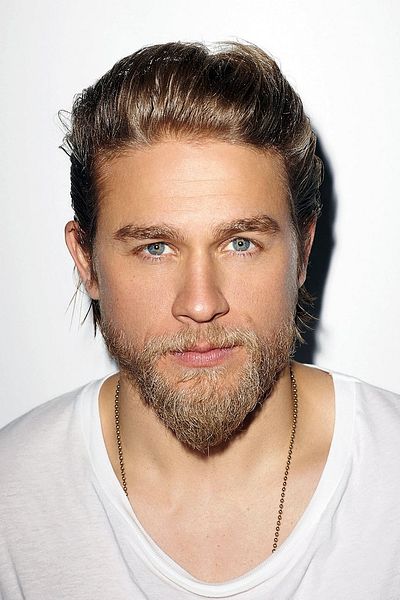Robbed of his birthright, Arthur (Charlie Hunnam) comes up the hard way in the back alleys of Londinium and under the shadow of King Vortigern (Jude Law), a brutal tyrant who seeks to wipe out magic from the world and rule for all eternity. However, when the sword Exaclibur suddenly resurfaces, rumours begin to spread the city of a "born" king who will return...
Franchise-building is big business for studios nowadays. It can't just be one, single film with a single story. It has to have possible spinoffs, merchandising ability and there's got that be gaps in the story which the sequel will eventually reveal. This approach to storytelling is a lot of the reason why blockbusters are failing at the box-office, because ultimately people don't care about wider franchises. They want to know what's happening in the here and now, not what's going to happen in the next film. King Arthur: Legend of the Sword - even the title is teeing up for a franchise - is an example of this modern, failed storytelling.
For one, we're only given enough plot and story to explain where everyone is and why everyone is the way they are. We're introduced to King Uther Pendragon (Eric Bana), who holds Excalibur and thus the kingship of Britain. Using the playbook straight out of Hamlet, his closest ally Vortigern (Jude Law) decides to take the crown for himself using black magic. The baby Arthur escapes to a brothel in the city and is raised as a well 'ard gangster - except it's in medieval times - and eventually becomes Charlie Hunnam, a bearded and chiseled wide boy who has half the city's guards on his payroll. We're introduced to his gang of characters, all developed just enough to differentiate themselves without giving too much away (we've got to think of the sequel, remember), and before long, the story's off and running.
You've got Aiden Gillen as an old compatriot of Arthur's father, Astrid Berges-Frisbey as an unnamed Mage who helps to train Arthur, Djimon Honsou as another old compatriot of Arthur's father, Tom Wu as a former educator to Arthur, and about a dozen other smaller roles that'll likely play a bigger role in the sequel - which is now unlikely to happen, if early box office predictions pan out. Again, none of these are developed beyond introducing them, showing what they can do, placing them in an action setpiece and then setting them up for the next chapter of the story. Charlie Hunnam barely has any kind of range that's worth talking about, and plays the role like he walked off the set of Snatch or Lock, Stock and Two Smoking Barrels whilst Jude Law - entertaining and all as it is - is utterly hamming it up as Vortigern.
Ritchie's screenplay has about a dozen or so plotholes that are likely to be explained to be the sequel, which makes for a frustrating experience. Not only that, the manner in which exposition is delivered - quick cuts, replays with dialogue, overbearing music on top of it to force rhythm onto something that has no natural rhythm - gets very old very quickly. It's clear that Ritichie is trying to bend and shape the story of King Arthur to his own particular aesthetic and vision, but the fact is that the two are so unsuited for each other that it simply doesn't work. Ritchie's pulsing, fast-edit style simply doesn't work with this kind of story and this kind of world. It's an experiment to put the two together, sure, but this is ultimately a failed one. For all the problems with the screenplay, the visuals at least are pretty and the production design and special effects make for an interesting, if hollow, experience.
Overall, King Arthur: Legend of the Sword is a dull retread of a well-worn story that deserves better. John Boorman's Excalibur remains the best version of this story, despite numerous attempts to topple it. It also wins by virtue of not having David Beckham in it, too.




















































































